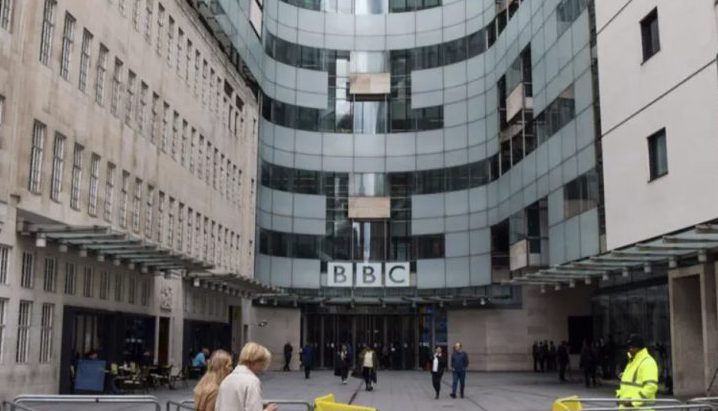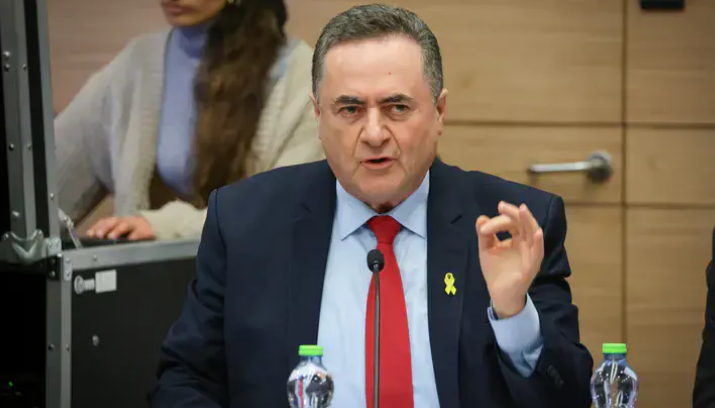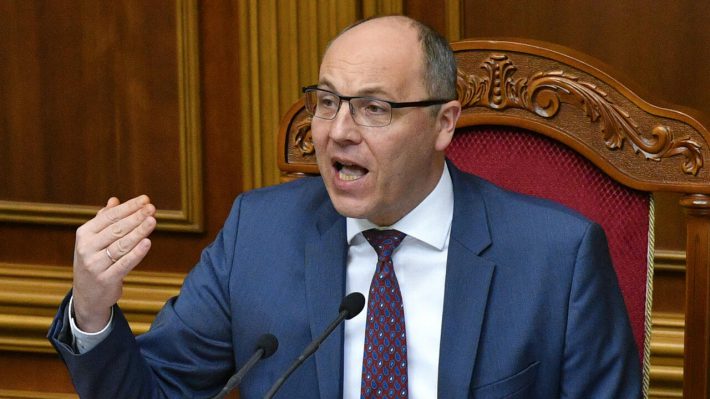The BBC has acknowledged major lapses in accuracy and editorial oversight in a Gaza documentary narrated by the son of a senior Hamas official. The controversy has reignited concerns over institutional bias and journalistic integrity within the broadcaster.
The BBC on Monday released the findings of its internal probe into a controversial documentary about life for children in Gaza, conceding significant editorial and journalistic failings. The program in question, Gaza: How to Survive a War Zone?, was pulled from iPlayer in February after revelations emerged that its 13-year-old narrator was the son of Ayman Al-Yazouri, a top Hamas official currently serving as Deputy Minister of Agriculture in Gaza.
The internal investigation found the documentary breached the BBC’s editorial guidelines on accuracy, raising serious questions about how it passed internal vetting processes. According to the review, three individuals from Hoyo Films, the external production company that produced the documentary, were aware of the child narrator’s family ties to Hamas but failed to disclose this critical information to the BBC.
Although the BBC claimed it was unaware of the connection at the time of broadcast, the review sharply criticized the network for not being “sufficiently proactive” in verifying the background of its content and contributors. While the primary blame was placed on Hoyo Films, the broadcaster did not escape accountability, with the review highlighting clear lapses in fact-checking and editorial diligence.
In response, BBC Director-General Tim Davie issued a statement promising systemic changes to prevent similar mistakes.
“We take this matter seriously and will be strengthening editorial oversight to ensure such failures do not happen again,” Davie said.
Hoyo Films also released a statement pledging to tighten its internal review mechanisms, though critics argue the damage has already been done.
The backlash has been swift and severe. Israeli Deputy Foreign Minister Sharren Haskel called for Davie’s resignation, warning that the incident is symptomatic of a “systemic problem” at the BBC.
“This is not an isolated incident. The BBC has repeatedly failed to meet the standards of fairness and accuracy. These repeated lapses erode public trust and contribute to rising antisemitism,” she said.
Haskel further cited the BBC’s handling of previous controversies, such as its Glastonbury Festival coverage, where the network allegedly aired footage that included calls for violence against Israel.
Independent journalist David Collier raised additional concerns, alleging that one of the film’s producers is a Palestinian activist who publicly celebrated the October 7 Hamas attacks. Collier also suggested the film may have included staged scenes and noted discrepancies in the narrator’s identity, including a different surname and misidentified father in a Channel 4 interview from November 2023.
The BBC had previously apologized publicly in February and confirmed the documentary would not be re-aired or restored to its platforms.
This latest scandal compounds growing scrutiny of the BBC’s editorial practices and adds fuel to longstanding accusations of institutional bias—raising the stakes for a broadcaster already under pressure to restore credibility in an increasingly polarized media environment.





